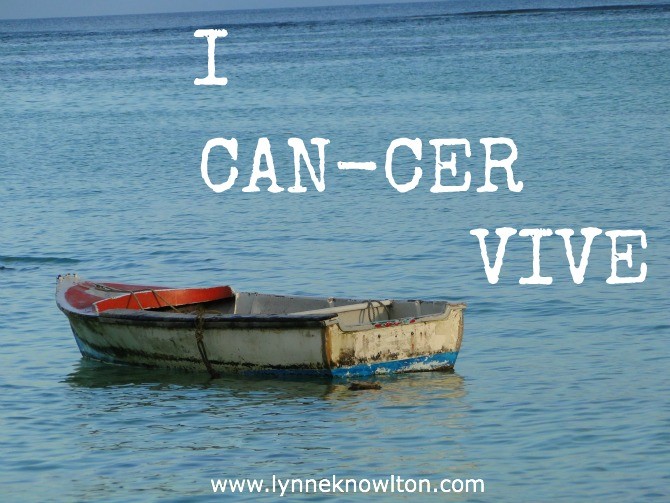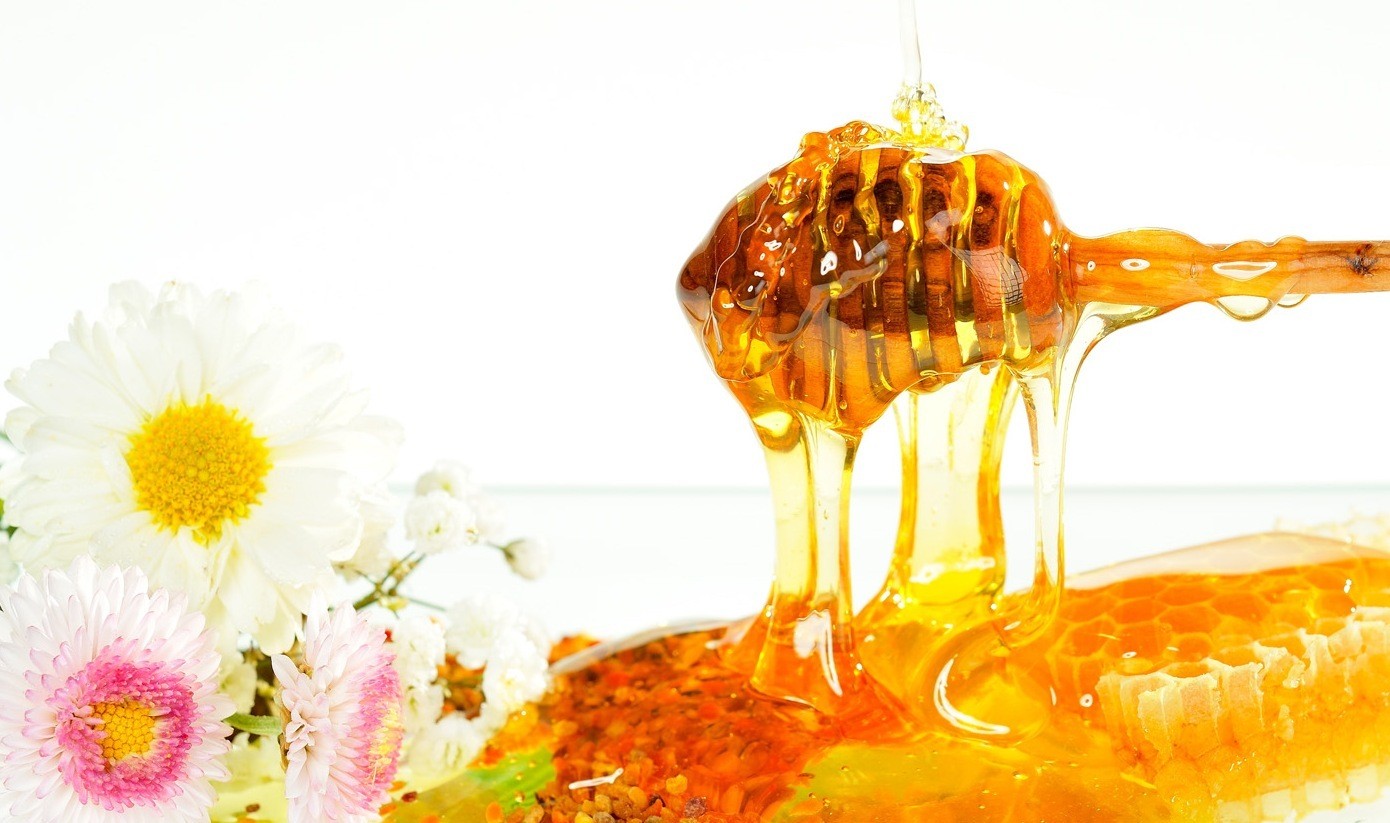You CAN Beat the “System” …
Cancer is the second most lethal disease in the US after heart disease (not counting iatrogenic mortality, aka “death by medicine”). We all know that the war on cancer has been a dismal failure but you can take control of your health and ability to treat cancer in your own hands.
Following the ketogenic diet, which can be summarized as a high-fat, moderate-protein, no-grain-carb diet, has brought many back to health, even after being diagnosed with aggressive cancer, and given no hope of survival. Do your own research and take control of your own health, and that of your family.
Other lifestyle factors that have been found to have an impact on chronic disease and cancer include:
•Vitamin D: There’s overwhelming evidence pointing to the fact that vitamin D deficiency plays a crucial role in cancer development. You can decrease your risk of cancer by more than half simply by optimizing your vitamin D levels with sun exposure or a safe tanning bed. And, if you are being treated for cancer, it is likely that higher blood levels – probably around 80-90 ng/ml – would be beneficial. In terms of protecting against cancer, vitamin D has been found to offer protection in a number of ways, including:
◦Regulating genetic expression
◦allowed to replicate, could lead to cancer)
◦Reducing the spread and reproduction of cancer cells
◦Causing cells to become differentiated (cancer cells often lack differentiation)
◦Reducing the growth of new blood vessels from pre-existing ones, which is a step in the transition of dormant tumors turning cancerous
•Getting proper sleep: both in terms of getting enough sleep, and sleeping between certain hours. According to Ayurvedic medicine, the ideal hours for sleep are between 10 pm and 6 am. Modern research has confirmed the value of this recommendation as certain hormonal fluctuations occur throughout the day and night, and if you engage in the appropriate activities during those times, you’re able to get the optimal levels. Working against your biology by staying awake when you should ideally be sleeping or vice versa, interferes with these hormonal fluctuations.
There’s a spike of melatonin that occurs between midnight and 1am that you don’t want to miss because the consequences are absolutely spectacular. Melatonin is not only a sleep hormone, but it also is a very powerful antioxidant. It decreases the amount of estrogen your body produces, and boosts your immune system. It also interacts with other hormones. So, if you go to bed after 10, it can significantly increase your risk of breast cancer.
•Effectively addressing your stress: The research shows that if you experience a traumatic or highly stressful event, such as a death in the family, your risk of breast cancer is 12 times higher in the ensuing five years. I believe energy psychology tools are ideal to address stressors in your life. My favorite is the Emotional Freedom Technique (EFT), but there are many others available as well.
•Exercise: There is some fairly compelling evidence that exercise can slash your risk of cancer. One of the primary ways exercise lowers your risk for cancer is by reducing elevated insulin levels, which creates a low sugar environment that discourages the growth and spread of cancer cells. Additionally, exercise improves the circulation of immune cells in your blood. Your immune system is your first line of defense against everything from minor illnesses like a cold right up to devastating, life-threatening diseases like cancer.
The trick about exercise, though, is understanding how to use it as a precise tool. This ensures you are getting enough to achieve the benefit, not too much to cause injury, and the right variety to balance your entire physical structure and maintain strength and flexibility, and aerobic and anaerobic fitness levels. This is why it is helpful to view exercise like a drug that needs to be carefully prescribed to achieve its maximum benefit. For detailed instructions, please see this article.
You really do need a comprehensive approach to exercise. Ideally you want to have a variety of exercises and avoid doing the same ones all the time, as this will lead to a relative tolerance and you will not provide your body with the variety of stresses it needs to continuously adapt, improve, and grow stronger.
Additionally it is likely that integrating exercise with intermittent fasting will greatly catalyze the potential of exercise to reduce your risk of cancer and stimulate widespread healing and rejuvenation.
If you’ve been diagnosed with cancer or other chronic disease or to help prevent disease from setting in, severely limiting sugar/fructose, processed foods of all kinds, sweetened beverages (as well as diet versions), and replacing carbs with healthy fats and high quality protein can do what no medicine can and may even be the U-turn you’re looking for. Add to that appropriate sun exposure, sleep, effective stress management, and regular exercise, and you’ll be well ahead of the rest of the population.
*Article originally appeared at Mercola







![Intentional Me – [Oprah & Chopra Desire and Destiny Meditation Experience]](https://www.forevernaturalwellness.com/wp-content/uploads/2017/08/dream-5-150x150.jpg)





